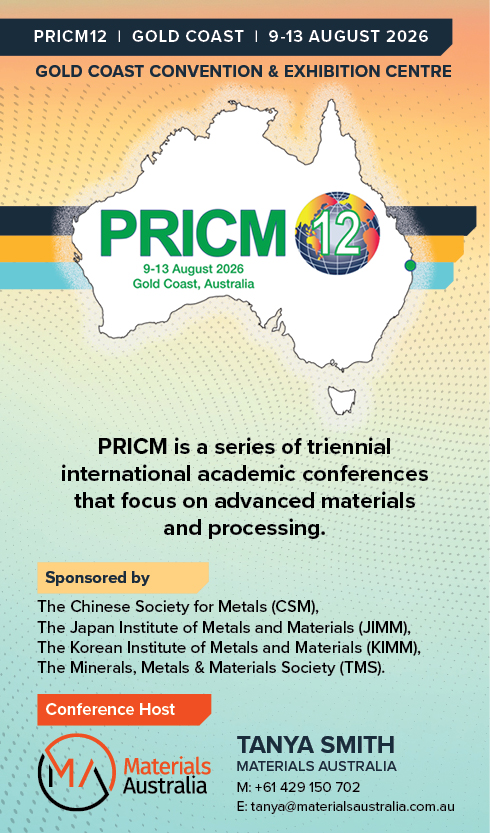Student Pathways
Materials scientists delve into all types of materials, determining their properties and performance from the atom up. A burgeoning, essential research area, materials science is an interdisciplinary approach that brings together the expertise of physics, chemistry, biology, biochemistry, and engineering.
It is no surprise then, that the educational pathways that students must take, and the in-depth research that is required for technology advancement, are vast and enormously varied.
It is this variation that makes materials science one of the most exciting career options within Australia’s science industry. Career opportunities in materials science can be found in a myriad of places, in industry, research, universities, private corporations, and hospitals. Materials are being investigated and designed every day, for a huge variety of applications. After all, everything we touch is made out of some sort of material, whether it is man-made, naturally occurring or a combination of both.
The best foundation for a career in materials science is studying the basic sciences, through degrees such as physics, engineering, and chemistry. Once armed with a broad base of scientific knowledge, students are then able to focus on honing more specific skills that are in demand by their chosen industry niche.
In 2011, Australia was ranked fifteenth in the world in terms of national output of materials science and technology research papers (as determined by in Thomson Reuters Web of Science) for the preceding five years. This considerable strength in materials science in Australia for our relatively small population is remarkable. Australia was ranked ahead of a number of much more technically focused countries, including Singapore, Sweden, and Switzerland.
For more information on Australian tertiary institutions that offer material science and engineering studies, visit: Tertiary Institutions




